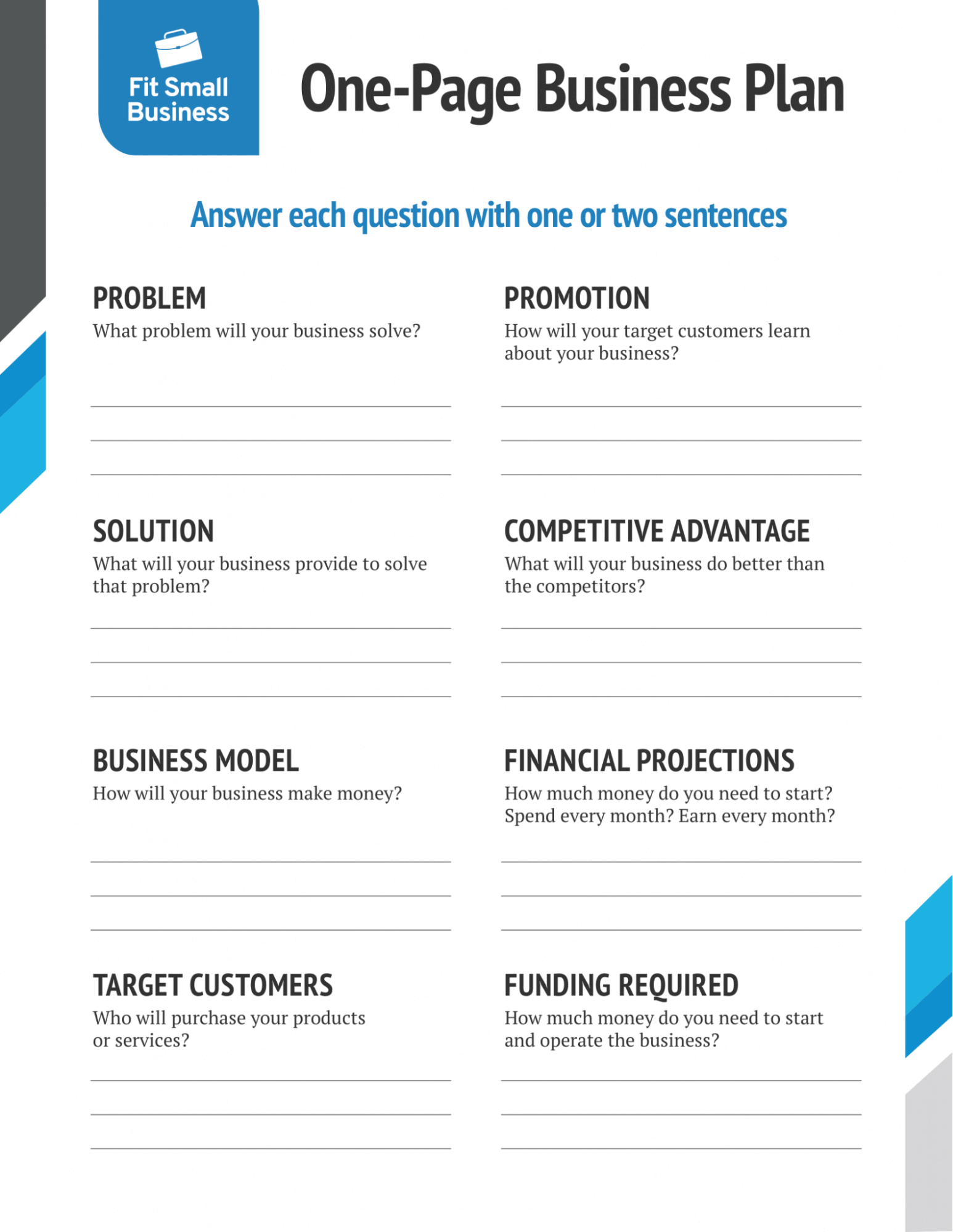Introduction
Starting a business can be a daunting task, but with a well-crafted business startup plan, you can increase your chances of success. A business plan serves as a roadmap, guiding your business from inception to growth. In this article, we’ll provide you with a template to help you create a comprehensive business startup plan.
Executive Summary
Business Description

Image Source: monday.com
Company Overview: Provide a detailed description of your business, including its legal structure (e.g., sole proprietorship, partnership, LLC, corporation).
Market Analysis
Target Market: Identify your ideal customers and their needs.
Organization and Management
Organizational Structure: Outline the hierarchy and roles within your business.
Product or Service
Description: Clearly explain your product or service, its unique selling points, and how it solves customer problems.
Marketing and Sales
Marketing Strategy: Describe your marketing plan, including your target audience, messaging, and channels (e.g., social media, advertising, public relations).
Financial Projections
Start-up Costs: Estimate the initial expenses required to launch your business.
Funding Request
Funding Needs: Specify the amount of funding you are seeking.
Appendix
Conclusion
Creating a comprehensive business startup plan is essential for the success of your venture. By following this template and providing detailed information, you can attract investors, secure funding, and make informed decisions as you build your business.
FAQs
1. How long should a business plan be? A typical business plan is between 10 and 25 pages, but the length may vary depending on the complexity of your business.
2. Who should read my business plan? Your business plan should be shared with potential investors, lenders, partners, and key employees.
3. How often should I update my business plan? It’s recommended to review and update your business plan annually or whenever significant changes occur in your business.
4. Can I write a business plan myself, or should I hire a professional? While you can write a business plan yourself, hiring a professional can provide valuable guidance and expertise.
5. What is the most important section of a business plan? The executive summary is often considered the most important section as it provides a concise overview of your business and its potential.
Business Startup Plan Template